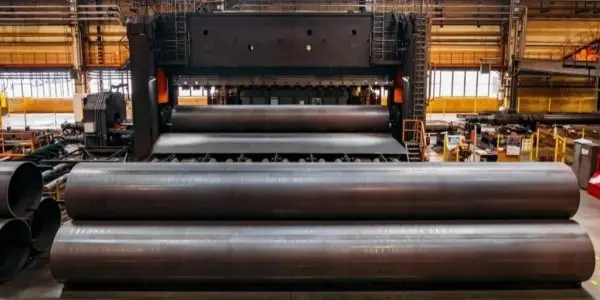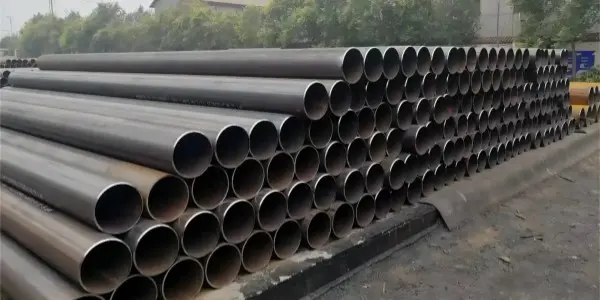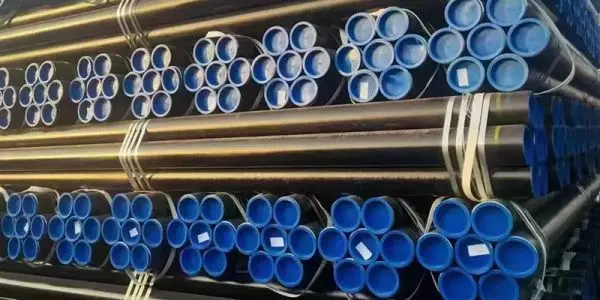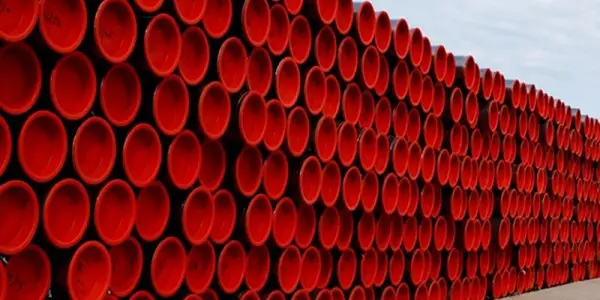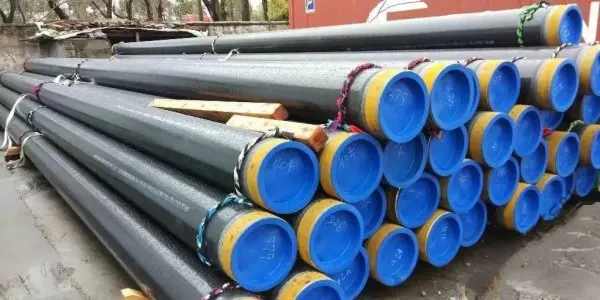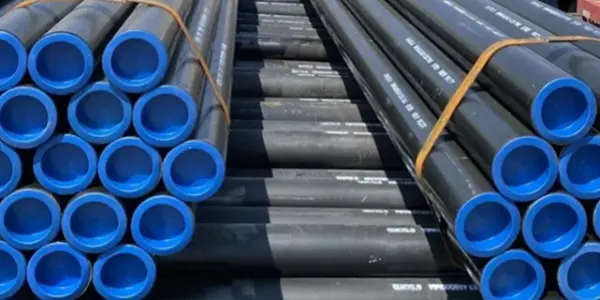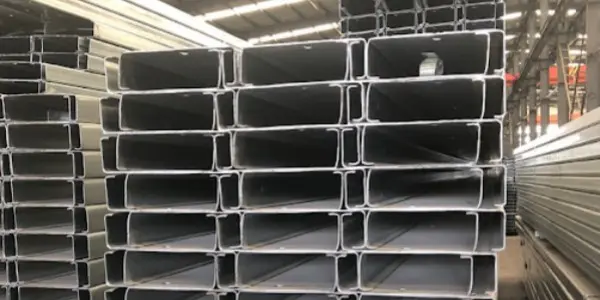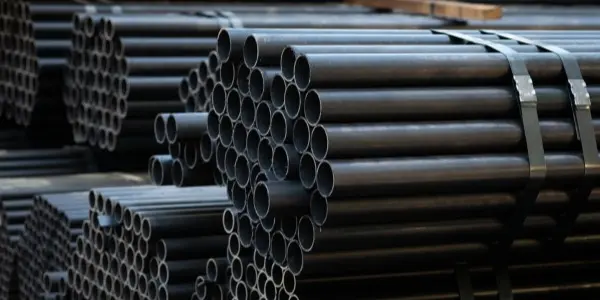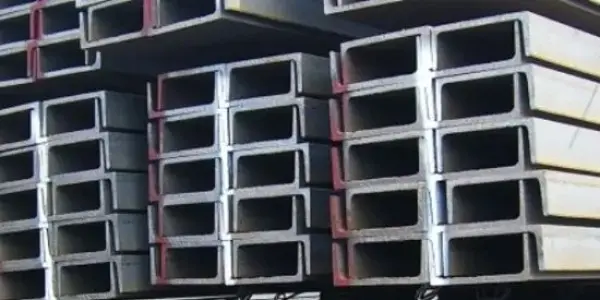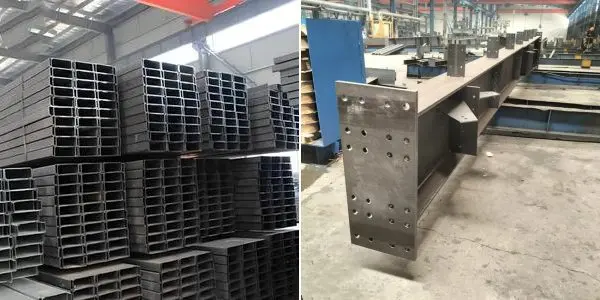-
Top 10 LSAW steel pipe manufacturers in 2026
As we move through 2026, Longitudinal Submerged Arc Welded (LSAW) steel pipes remain the cornerstone of global energy and structural development. Driven by a post-recovery surge in infrastructure spending and the modernization of government investment channels, the LSAW market is projected to maintain a 2.3% CAGR through the end of the year. This article will briefly introduce Top 10 LSAW steel pipe manufacturers in 2026.
Read More
-
EN 10219 S355JRH structural steel pipe
EN 10219 S355JRH refers to cold-formed welded hollow structural sections (HSS) manufactured in accordance with the European standard EN 10219, with material grade S355JRH. It is widely used in structural engineering where high load-bearing capacity, weldability, and dimensional precision are required. Here's an overview of EN 10219 S355JRH structural steel pipe.
Read More
-
SMLS carbon steel pipe sizes
SMLS stands for Seamless, commonly used in terms such as SMLS pipe or seamless steel pipe. Unlike welded pipes, seamless pipes do not contain fusion lines, making them structurally uniform and mechanically reliable under demanding service conditions. Here's an overview of SMLS carbon steel pipe sizes.
Read More
-
API 5L line pipe physical properties
Line pipe grade designations are defined by API Specification 5L (API Spec 5L), which is the global standard for steel line pipes used in oil and gas transmission systems. Here's an overview of API 5L line pipe physical properties.
Read More
-
API 5L pipe specification updated 2026
API 5L pipe specification (updated 2026) defines the technical requirements for carbon steel line pipes used in the transportation of oil, natural gas, water, and other fluids in the petroleum and natural gas industries. Here's an overview of API 5L pipe specification updated 2026.
Read More
-
API 5L pipe size and schedule chart
API 5L is an internationally recognized specification for carbon steel line pipes used in the transportation of oil, gas, water, and other fluids in onshore and offshore pipeline systems. API 5L pipes are manufactured in both Seamless and Welded forms, allowing flexibility across different pressure levels, diameters, and project requirements. To ensure long-term performance, API 5L line pipes can be supplied with various external and internal coatings, selected according to environmental conditions, corrosion risk, and service media.
Read More
-
How to select C channel size?
Selecting the correct C channel size is a critical step in structural design, fabrication, and project cost control. An undersized C channel may lead to excessive deflection or failure, while an oversized section increases material cost and weight without added benefit. This guide explains how to choose the right C channel size based on load requirements, span length, application type, and relevant standards—from an engineering and practical procurement perspective.
Read More
-
Top list of best-selling steel products from Union Steel Industry
Union Steel Industry’s best-selling steel products are driven by global standards compliance, stable supply capacity, and proven performance in oil & gas, energy, and industrial projects. The following product lines represent the highest demand across international markets.
Read More
-
C channel standard sizes
C channels are manufactured in a wide range of sizes to meet different structural, framing, and fabrication requirements. For precise dimensional data, including width, depth, thickness, and weight, please refer to the C channel size chart. The chart provides accurate C channel dimensions in mm, helping engineers, fabricators, and contractors select the correct steel channel based on load requirements and application conditions.
Read More
-
A complete comparision of cold formed steel and structural steel
Cold formed steel (CFS) and structural steel are both widely used in modern construction due to their strength, durability, and cost efficiency. Although both materials are steel-based, they differ significantly in manufacturing methods, structural behavior, and ideal applications. Understanding the difference between cold formed steel and structural steel is essential for architects, engineers, and project managers when selecting the most appropriate framing system.
Read More

 English
English Español
Español




 Tel : +86-18565811709
Tel : +86-18565811709 Email :
Email : 
